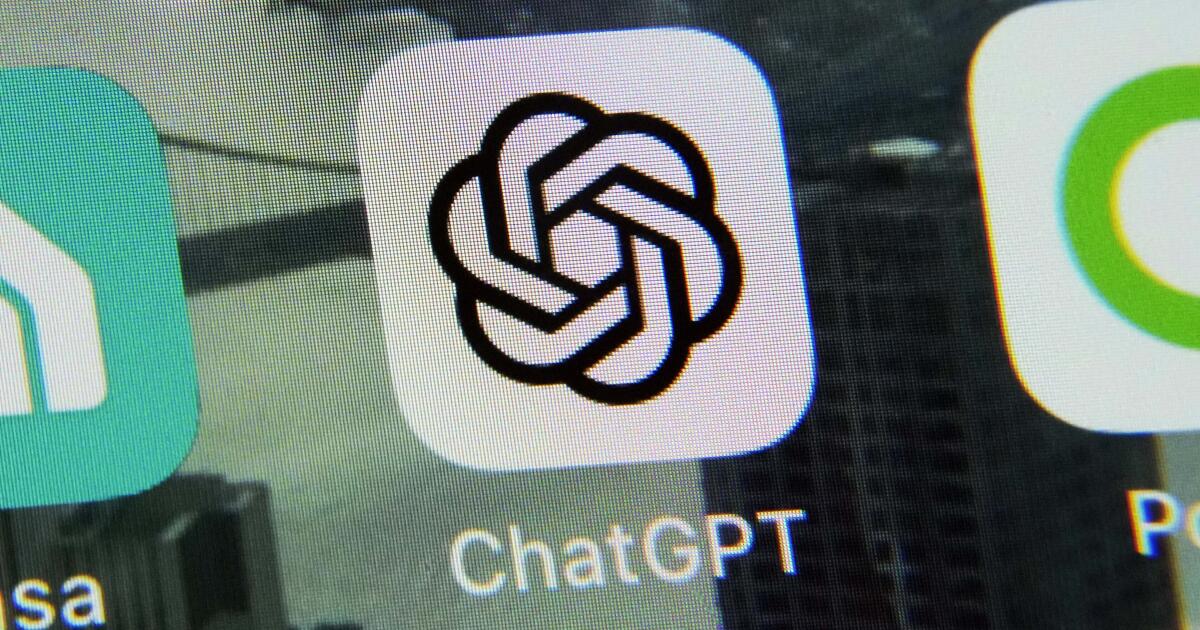OpenAI has launched its own web browser called Atlas, hoping to use its artificial intelligence superpowers to take market share from Google, which has dominated the browser and search markets for decades.
“AI represents a rare, once-in-a-decade opportunity to reimagine what a browser can be,” Sam Altman, chief executive of OpenAI, said during Atlas' presentation on Tuesday. “The tabs were great, but we haven’t seen a lot of innovation since then.”
With ChatGPT at its core, users can use Atlas to communicate with the website, search for products, and ask it to do things on behalf of users, such as making appointments or scheduling events, while still browsing the site.
According to Altman, while in the past web browsers accessed the Internet through a URL and a search box, in the future the Internet will be accessed through chat and a web browser.
With the launch of Atlas, OpenAI isn't just aiming to dethrone Google Chrome as the default browser: it also wants ChatGPT to become the default operating system in the age of artificial intelligence.
Google has a clear advantage: it owns the entire technology infrastructure, including its own artificial intelligence chips (called tensor processors) and the Gemini chatbot. And it holds 90% of the search market share.
OpenAI has amassed 800 million weekly ChatGPT users since its launch in 2022 and is using that reach as leverage to encourage developers create applications in ChatGPTallowing users and AI shopping agents from the application. The company is also involved in developing its own artificial intelligence chips specifically designed for ChatGPT.
OpenAI has received backing from Nvidia, which has pledged to invest $100 billion in the company over the coming years.
Atlas still faces an uphill battle against Chrome, which has 3.45 billion users worldwide.
ChatGPT Atlas has typical browser features such as tabs, bookmarks, and remembering passwords. But instead of the search bar on the Atlas browser home page, the ChatGPT chat window opens.
Continuous chat follows users as they navigate the web and can be called up at will. The browser's memory functions remember all user actions.
“If you enable browser memory, ChatGPT will remember key details about the content you view to improve chat responses and make smarter suggestions—like creating a to-do list based on your recent activities or continuing to search for holiday gifts based on products you've viewed,” the company says.
Atlas Agent Mode performs actions on behalf of users, such as finding a grocery store, adding ingredients to a map, and ordering them, simply based on a recipe shared by the user. Users can also schedule events, make appointments, and automate research in Agent Mode, which is available for Plus, Pro, and Business users.
In September, a federal judge ruled that Google maintained an illegal monopoly in search and advertising, but did not require the company to sell Chrome, as it initially sought when filing the lawsuit.
During the proceedings, OpenAI expressed interest in acquiring Chrome. Another browser competitor, Perplexity AI, also posted an unsuccessful $34.5 billion offered to purchase Chrome a few weeks after the launch of Comet, an artificial intelligence-powered browser.
In the late 90s, Microsoft Internet Explorer defeated Netscape Navigator and became the default browser in the personal computer era.
In early August, the rise in popularity of Google Chrome amid the proliferation of smartphones replaced Internet Explorer as the default browser. And now ChatGPT Atlas could be the start of the third chapter of the browser wars.








